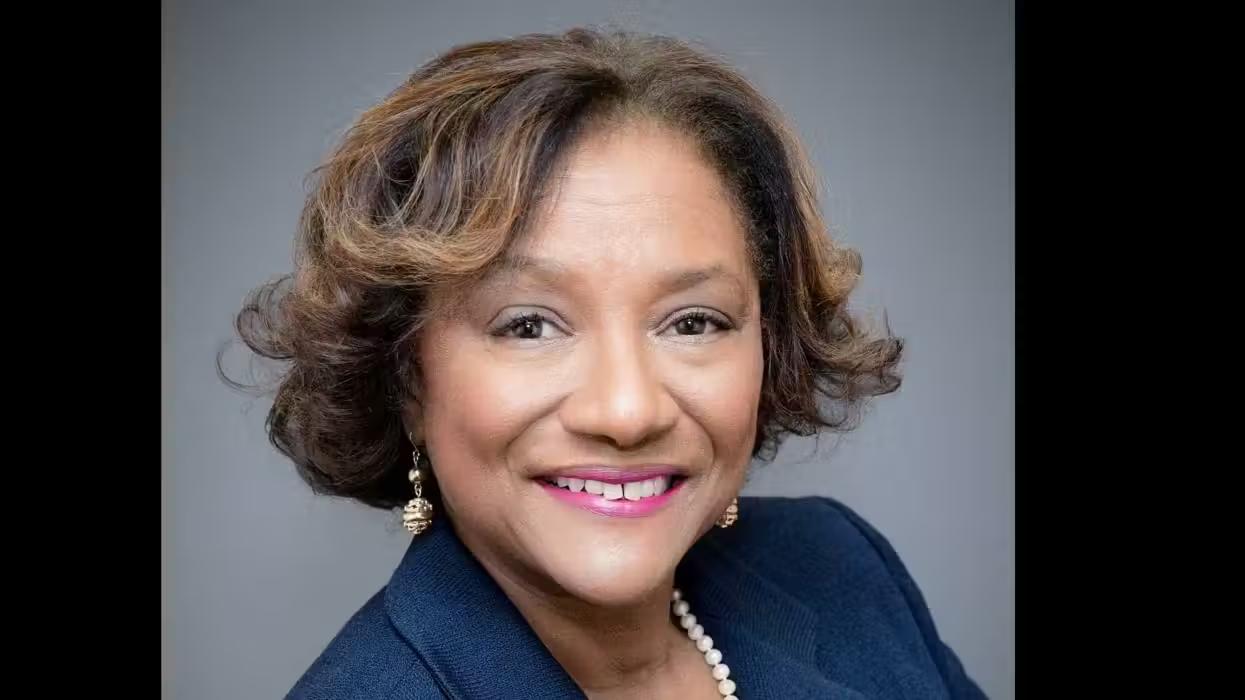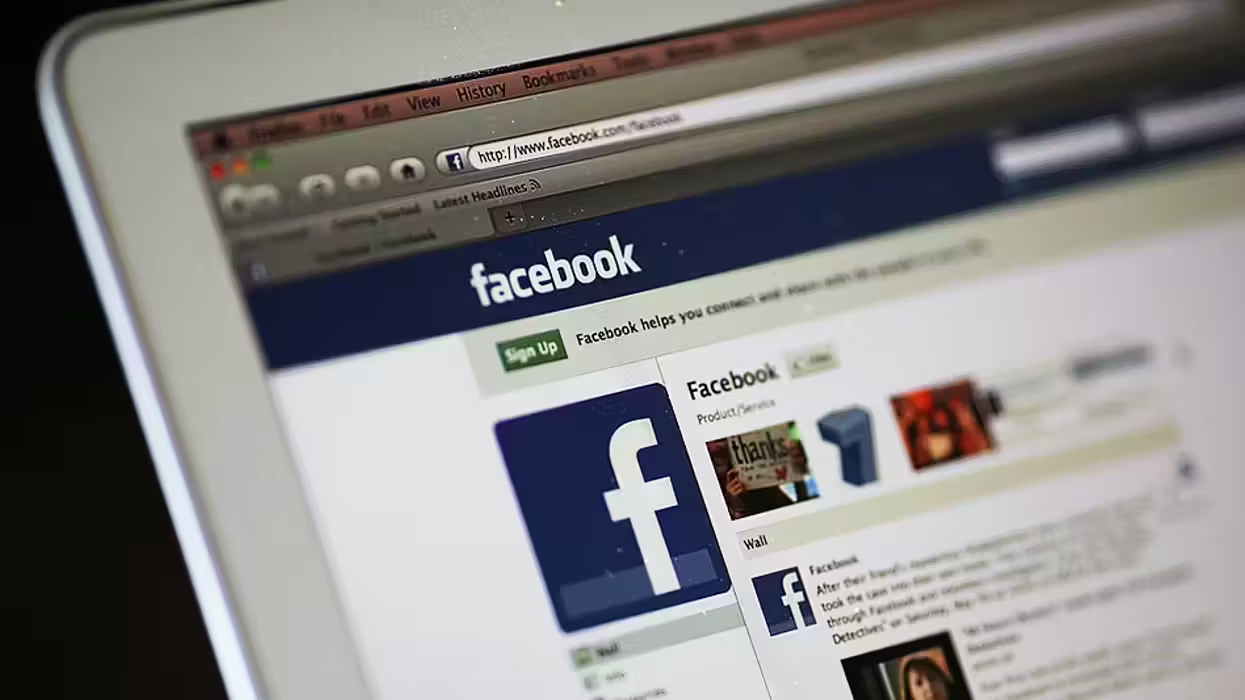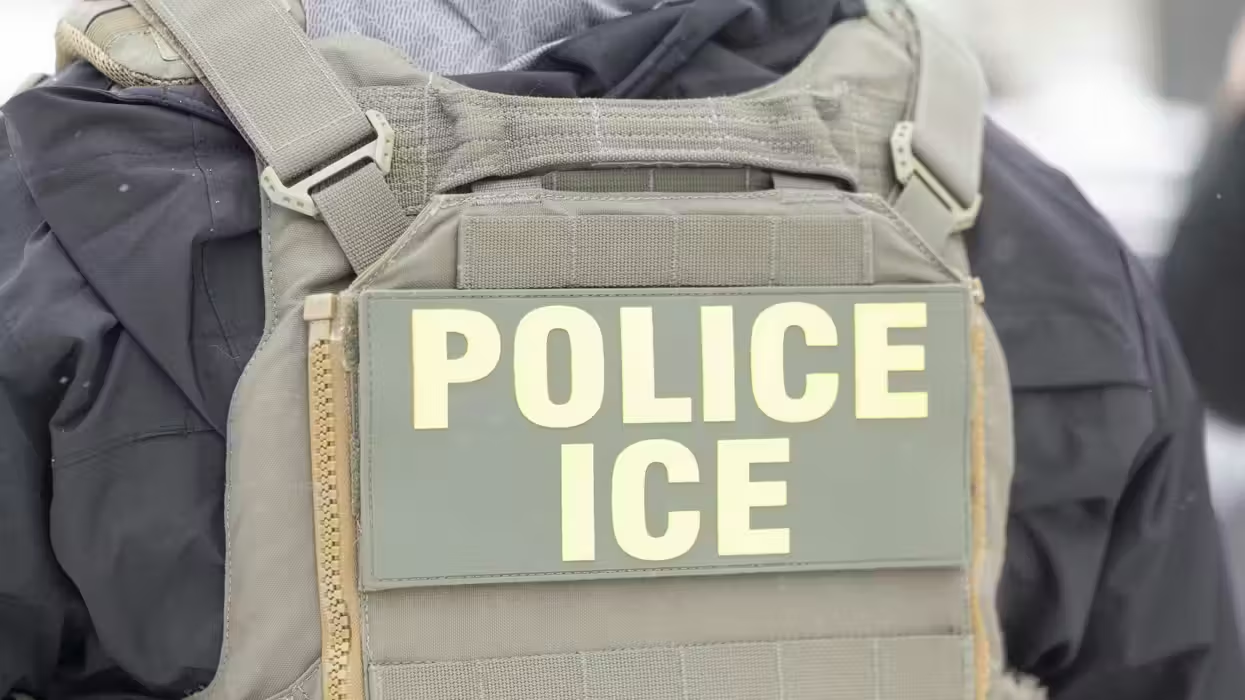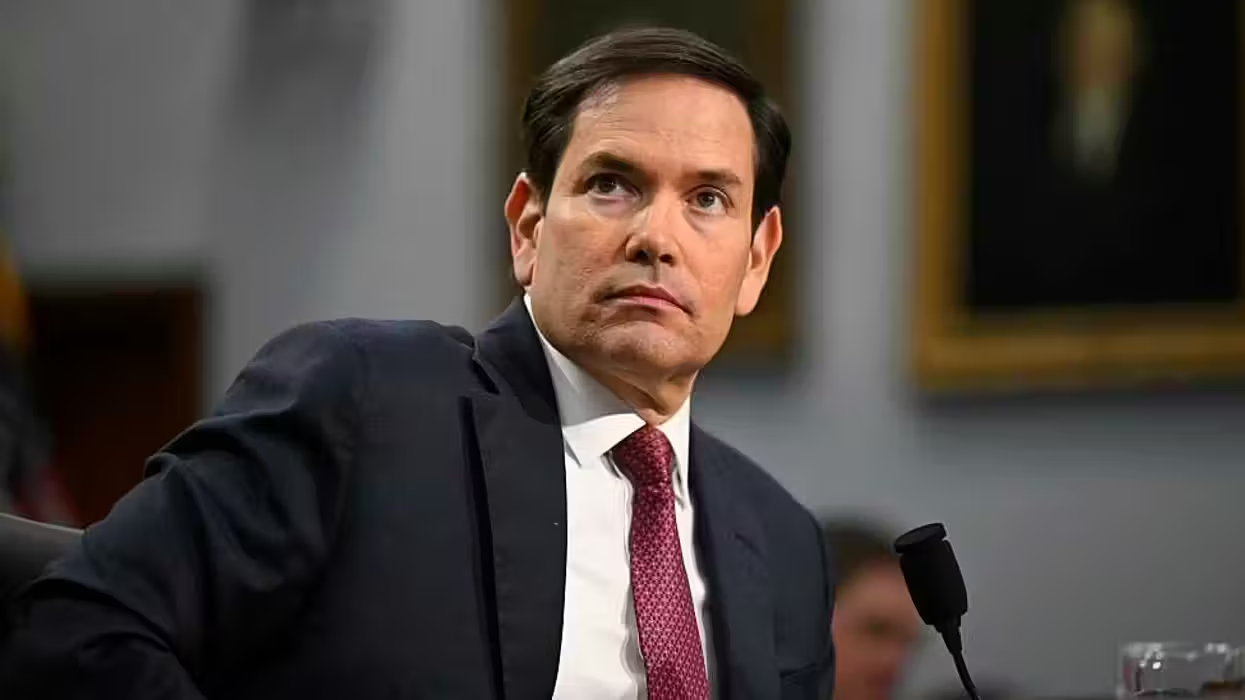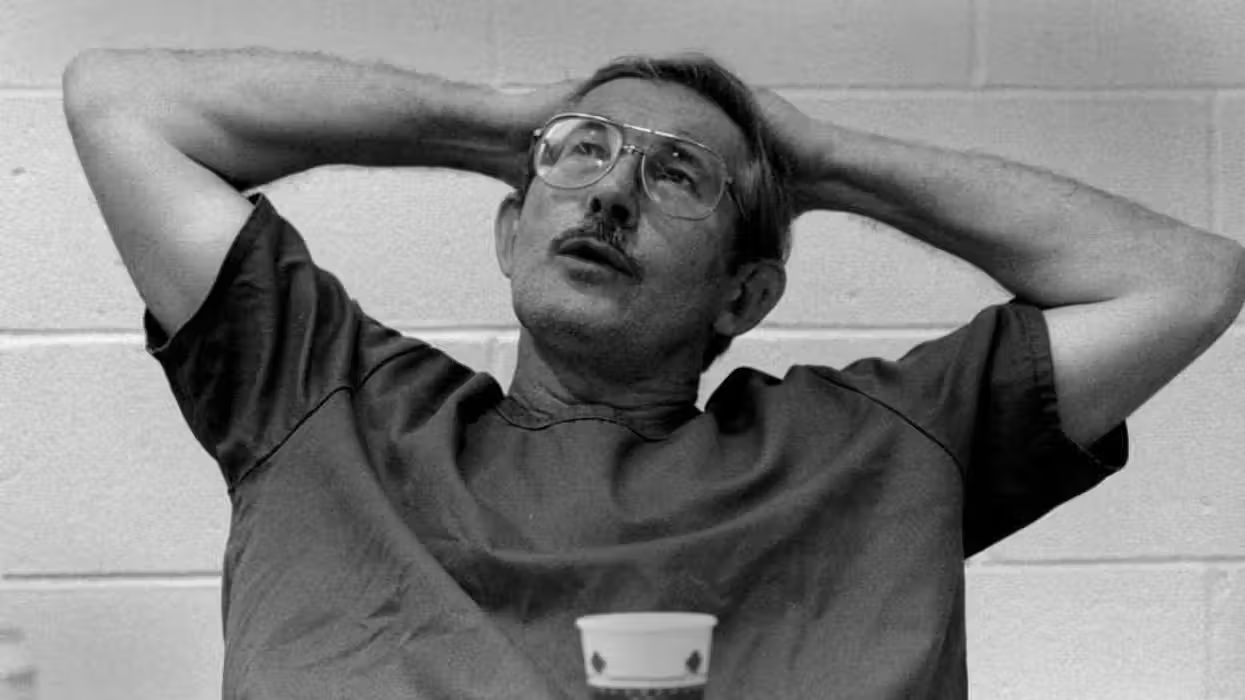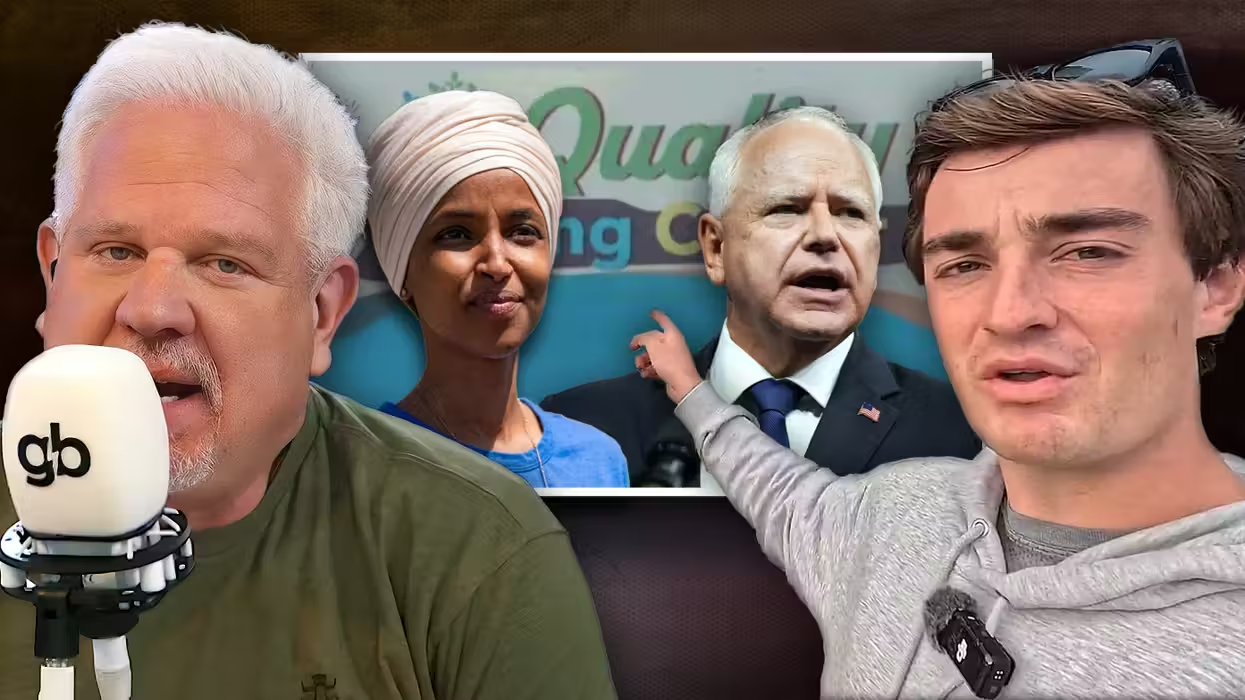
© 2026 Blaze Media LLC. All rights reserved.
Oh, Canada.
TORONTO (AP) -- Canadian opposition parties toppled Prime Minister Stephen Harper's government in a no confidence vote Friday, triggering the country's fourth election in seven years.
The opposition parties held the Conservative government in contempt of Parliament in a 156-145 vote for failing to disclose the full financial details of his tougher crime legislation, corporate tax cuts and plans to purchase stealth fighter jets.
Opinion polls expect Harper's Conservative Party to win re-election but not a majority, meaning he likely will continue to govern with a minority in Parliament, dependent on opposition votes to stay afloat.
But in the latest twist, there is a chance the left-of-center parties might join forces in a coalition. The election is expected to take place May 2.
The opposition tried this once before, after Harper won minority re-election in 2008. But before he could be defeated in a no confidence vote, Harper shut down Parliament for three months and successfully whipped up public opposition against the coalition. The Conservatives accused the Liberals of treason for uniting with the Bloc Quebecois, a party that seeks independence for Canada's French-speaking province of Quebec.
Harper's government is now once again trying to marshal public sentiment against a possible coalition government. His underlings attacked the opposition Thursday with accusations they will try to form a coalition if another minority Conservative is the result of the election.
The Conservatives noted that first reference Liberal leader Michael Ignatieff didn't rule out forming a coalition government with the other opposition parties when he was asked about it on Wednesday.
Opposition New Democrat leader Jack Layton added fuel to the fire Wednesday, saying he would not rule out forming a coalition with Ignatieff.
An election would offer the first opportunity to witness a faceoff between Harper and Ignatieff since Ignatieff took over the Liberal Party in December 2008.
Ignatieff, 63, is one of Canada's leading intellectuals: an author, historian and TV panel regular in Britain before going into politics.
Harper, 51, is a career politician who has spent the last five years emphasizing a more conservative Canadian identity and moving Canada incrementally to the right. He has gradually lowered sales and corporate taxes, increased spending on the military and made Arctic sovereignty a priority.
He has called Canada an emerging "energy super power" in reference to Alberta's oil sands deposits, the second largest oil reserves in the world, and has avoided enacting environmental legislation that would hurt the sector.
In foreign policy, he's extended Canada's role in Afghanistan and he's been a staunch ally of Israel's right wing government.
While the Conservatives will try to scare Canadians with coalition talk, the opposition will try to keep the focus on the government's recent ethic issues.
The Liberals were originally going to bring down the government over corporate tax cuts and spending billions in new fighter jets, but recent ethical issues helped them make inroads in furthering the image of Harper as an autocrat who shuts Parliament when it suits him.
Last week, Harper asked police to look into the activities of Bruce Carson, a key former aide. Carson, 66, is accused of using the access he had to senior members of the government to lobby on behalf of a company affiliated with his 22-year-old fiancee, a former escort.
The opposition parties are also united against Harper's latest budget plan, but they want to defeat the government over allegations it is in contempt of Parliament.
"To those who say an election is "unnecessary," I reply: We did not seek an election, but if we need one to replace a government that doesn't respect democracy with one that does, I can't think of no more necessary an election," Ignatieff said before the vote.
Harper might be gambling that an election now will confound conventional wisdom and hand him the majority in Parliament that has eluded him through his five-year tenure as prime minister. He is counting on the economy to help him win re-election.
Canada has outperformed other major industrialized democracies through the financial crisis, recovering all jobs lost during the recession while its banking sector remains intact. It avoided a property crash, and most economists expect 2010 growth to come in at 3 percent.
But Harper is a center-right prime minister in a traditionally liberal country, and his plan to cut corporate tax rates has given the opposition, led by the left-leaning Liberals, an opening to argue that Canada is running a record deficit that will only worsen if taxes are cut.
Opposition parties also are hammering the prime minister for planning to spend at least $16 billion on 65 American-made F-35 Joint Strike Fighters - one of the biggest military purchases in Canadian history.
Want to leave a tip?
We answer to you. Help keep our content free of advertisers and big tech censorship by leaving a tip today.
Want to join the conversation?
Already a subscriber?
more stories
Sign up for the Blaze newsletter
By signing up, you agree to our Privacy Policy and Terms of Use, and agree to receive content that may sometimes include advertisements. You may opt out at any time.
Related Content
© 2026 Blaze Media LLC. All rights reserved.
Get the stories that matter most delivered directly to your inbox.
By signing up, you agree to our Privacy Policy and Terms of Use, and agree to receive content that may sometimes include advertisements. You may opt out at any time.


